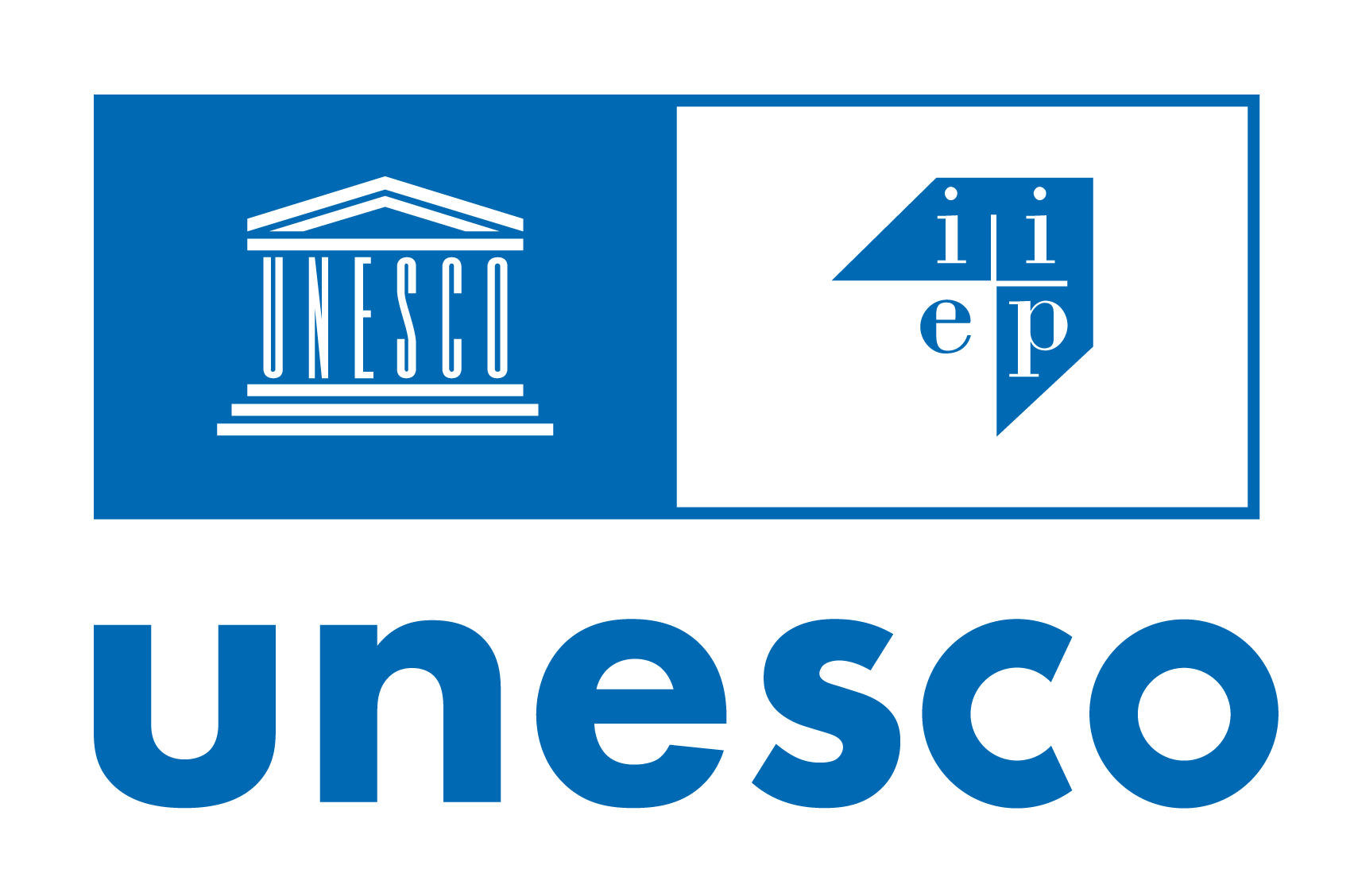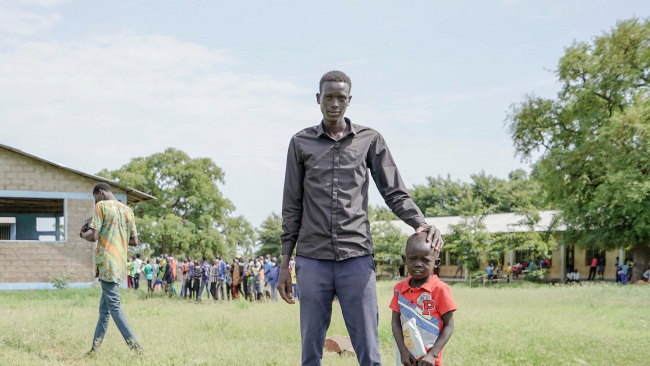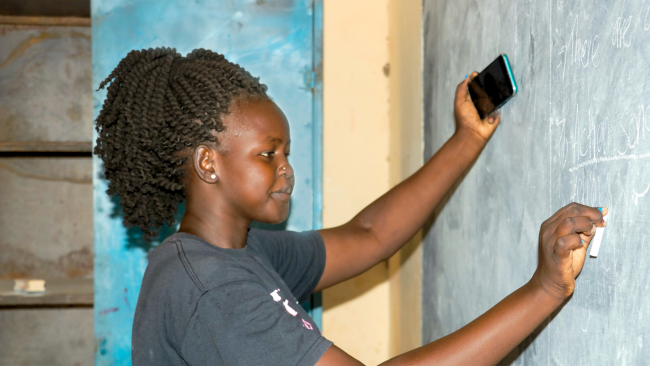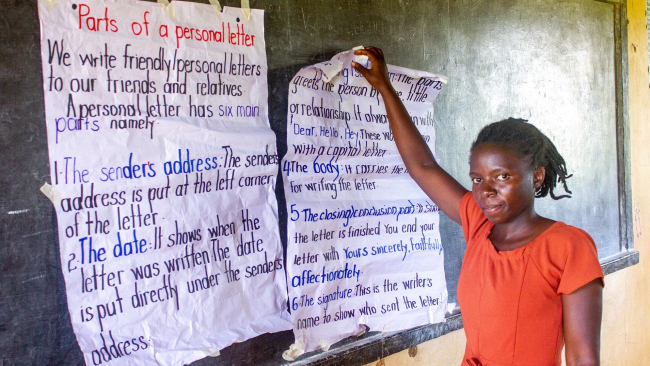The COVID-19 pandemic has severely impacted on global efforts to ensure that all children receive quality education. Pakistan is no exception. School closures to limit the spread of COVID-19 have directly impacted an estimated 40 million school-going learners from pre-primary to highersecondary levels, in a context where school enrolment, completion and quality of learning are already low, especially for girls. To understand the extent of the issue and to develop a body of evidence to inform future policy directions, UNICEF Pakistan has supported a study on “Measuring the Impact of COVID-19 on Education in Pakistan”, focusing particularly on learning losses due to school closures and the measures taken to support learning for school-going children. The Annual Status of Education Report (ASER), Pakistan, conducted by Idara-e-Taleem-o-Aagahi (ITA) is the country’s largest citizen-led household-based survey and aims to provide regular, reliable estimates of education status and learning outcomes of children aged 5–16 years in rural districts of Pakistan. After the unprecedented school closures of 2020 and early 2021, the ASER study in 2021 was adapted to measure the impacts of COVID-19. The survey was conducted in 16 rural districts of Pakistan (four each in Balochistan, Khyber Pakhtunkhwa, Punjab and Sindh provinces). A total of 9,392 households with 25,448 children aged 3–16 years were surveyed, including 21,589 children aged 5–16 years (43 per cent girls, 57 per cent boys). Using ASER tools mapped to Sustainable Development Goal 4.1.1.a, learning assessments for language (English and Urdu/Sindhi/Pashto) and arithmetic competencies was conducted for children aged 5–16 years. Additionally, 457 government schools and 198 private schools were surveyed to assess their capacity and readiness to adhere to government guidelines on safe school reopening..
Année
2021
Pages
72
Thèmes
Pays
Type de ressource
Langues





